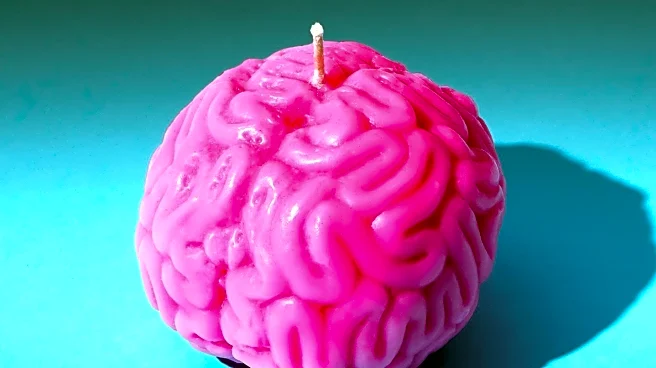What's Happening?
A 65-year-old patient with Parkinson's disease played her clarinet during brain surgery, a procedure aimed at helping surgeons assess the effectiveness of the treatment. This unique approach allowed the medical
team to monitor the patient's brain activity in real-time, ensuring that the surgery was progressing as intended. The patient had been unable to play her clarinet for five years prior to the operation, making this a significant moment in her treatment journey. The surgery was covered by NBC News, highlighting the innovative methods being used in medical procedures to improve patient outcomes.
Why It's Important?
This event underscores the advancements in medical procedures, particularly in the treatment of neurological disorders like Parkinson's disease. By incorporating real-time feedback from the patient, surgeons can make more informed decisions during operations, potentially leading to better outcomes. This approach not only benefits the patient by preserving their quality of life but also sets a precedent for future surgeries. The use of music as a tool in medical procedures could inspire further research and innovation in the field, offering hope to many who suffer from similar conditions.
What's Next?
The success of this surgery may encourage more medical professionals to adopt similar techniques, integrating patient feedback into surgical procedures. This could lead to a broader acceptance of unconventional methods in the medical community, particularly for complex neurological surgeries. Additionally, the positive outcome may prompt further studies into the benefits of music and other forms of patient engagement during surgery, potentially revolutionizing the way certain medical conditions are treated.
Beyond the Headlines
The cultural and psychological implications of this surgery are significant. It highlights the importance of patient-centered care and the potential for music therapy to play a role in medical treatments. This case could lead to a shift in how patients are involved in their own healthcare, promoting a more holistic approach that considers emotional and psychological well-being alongside physical health.









